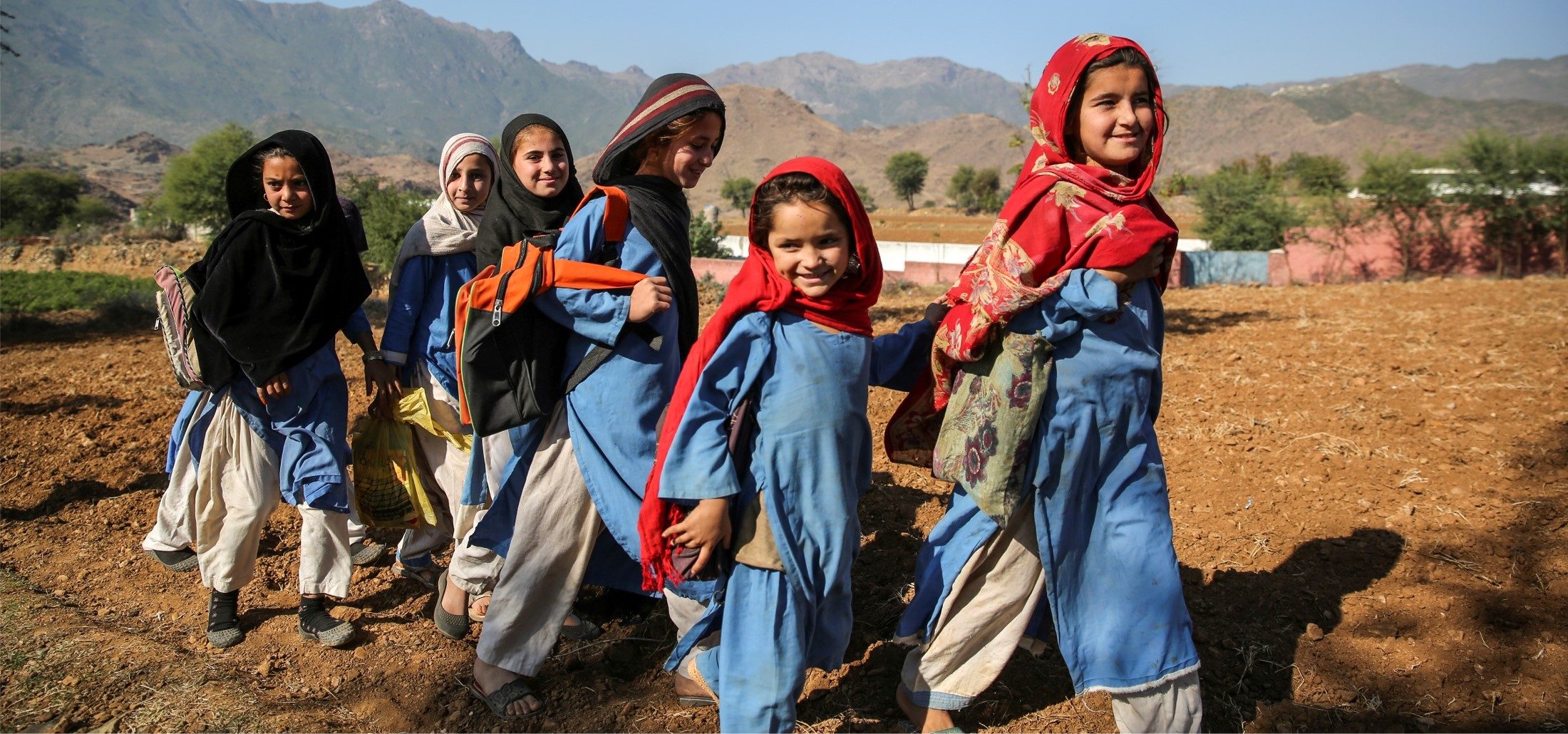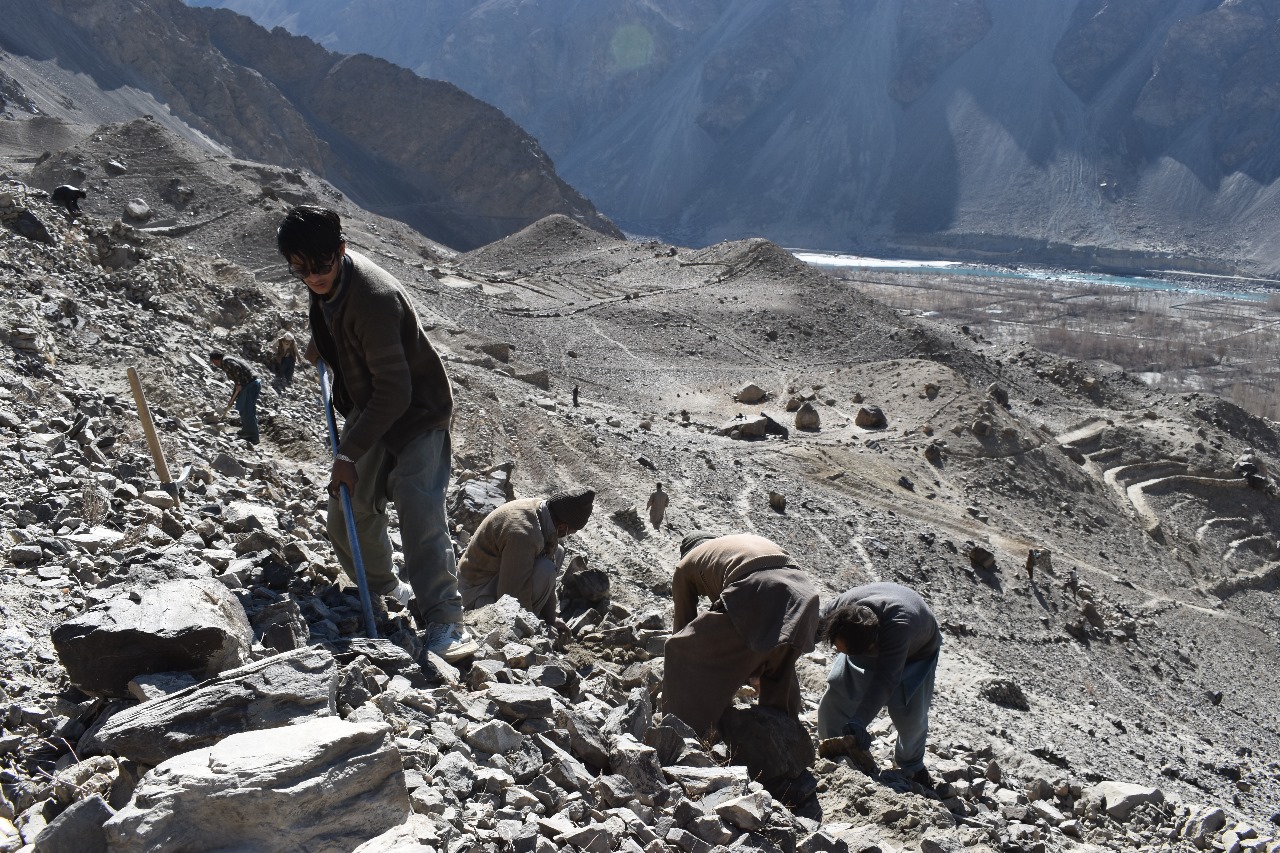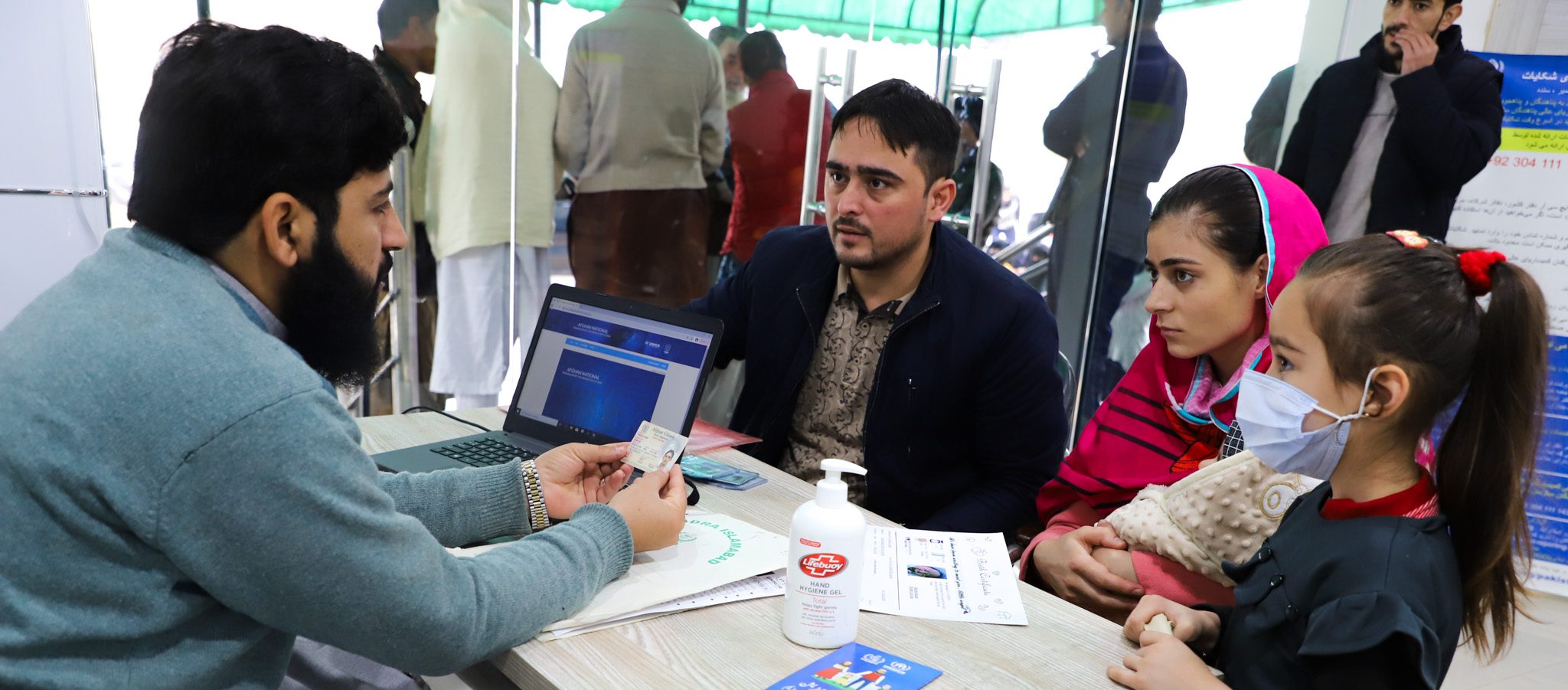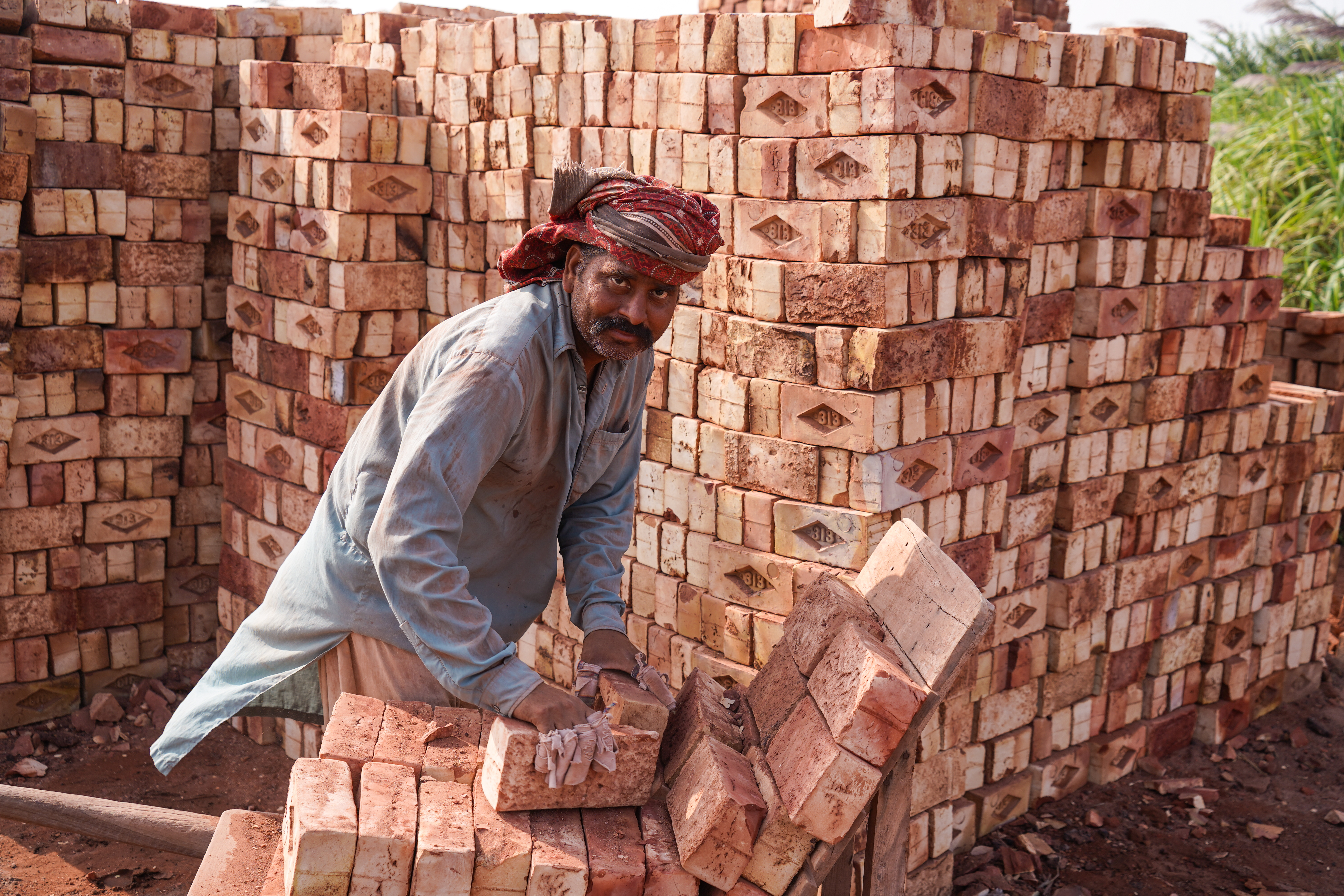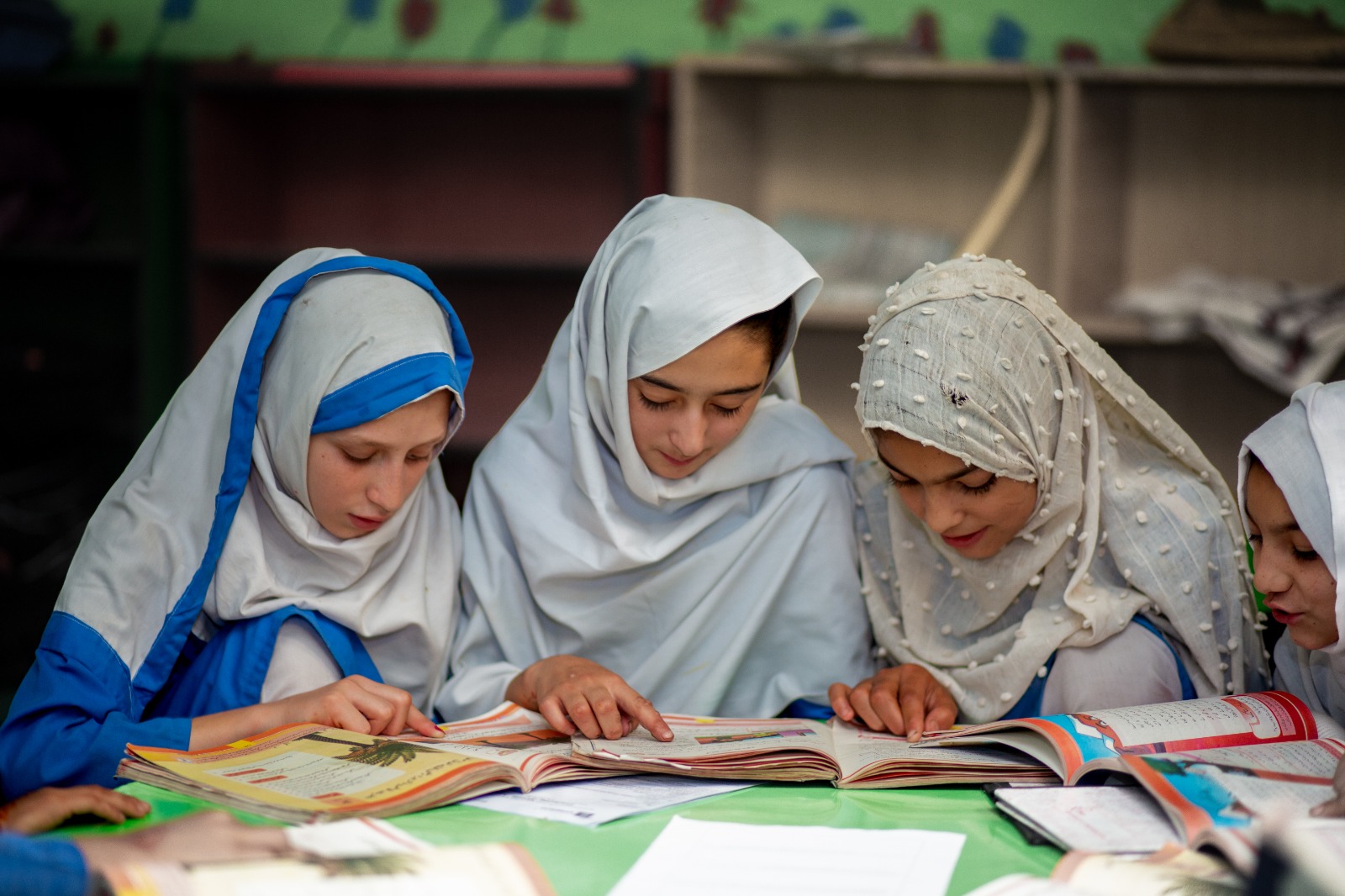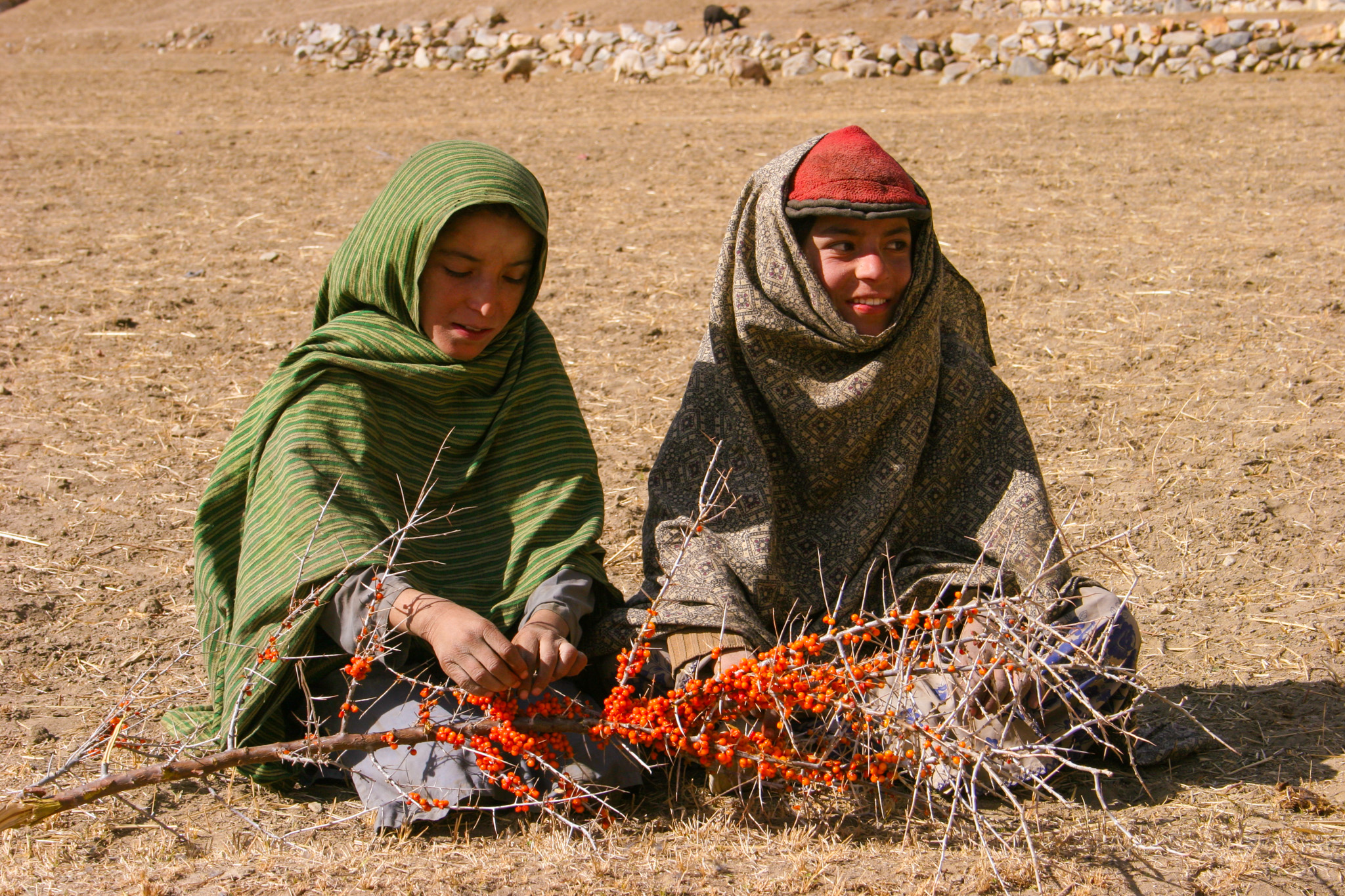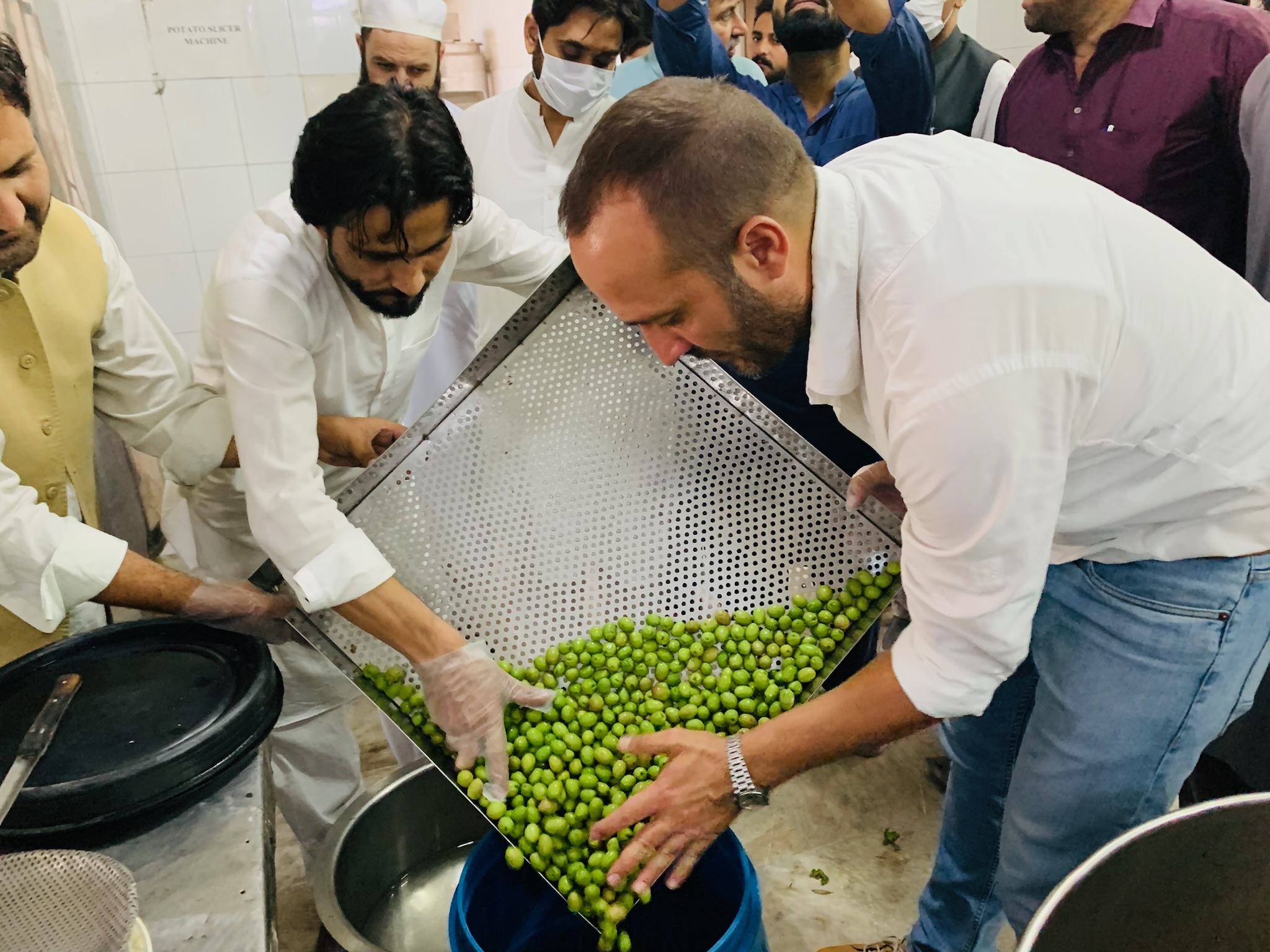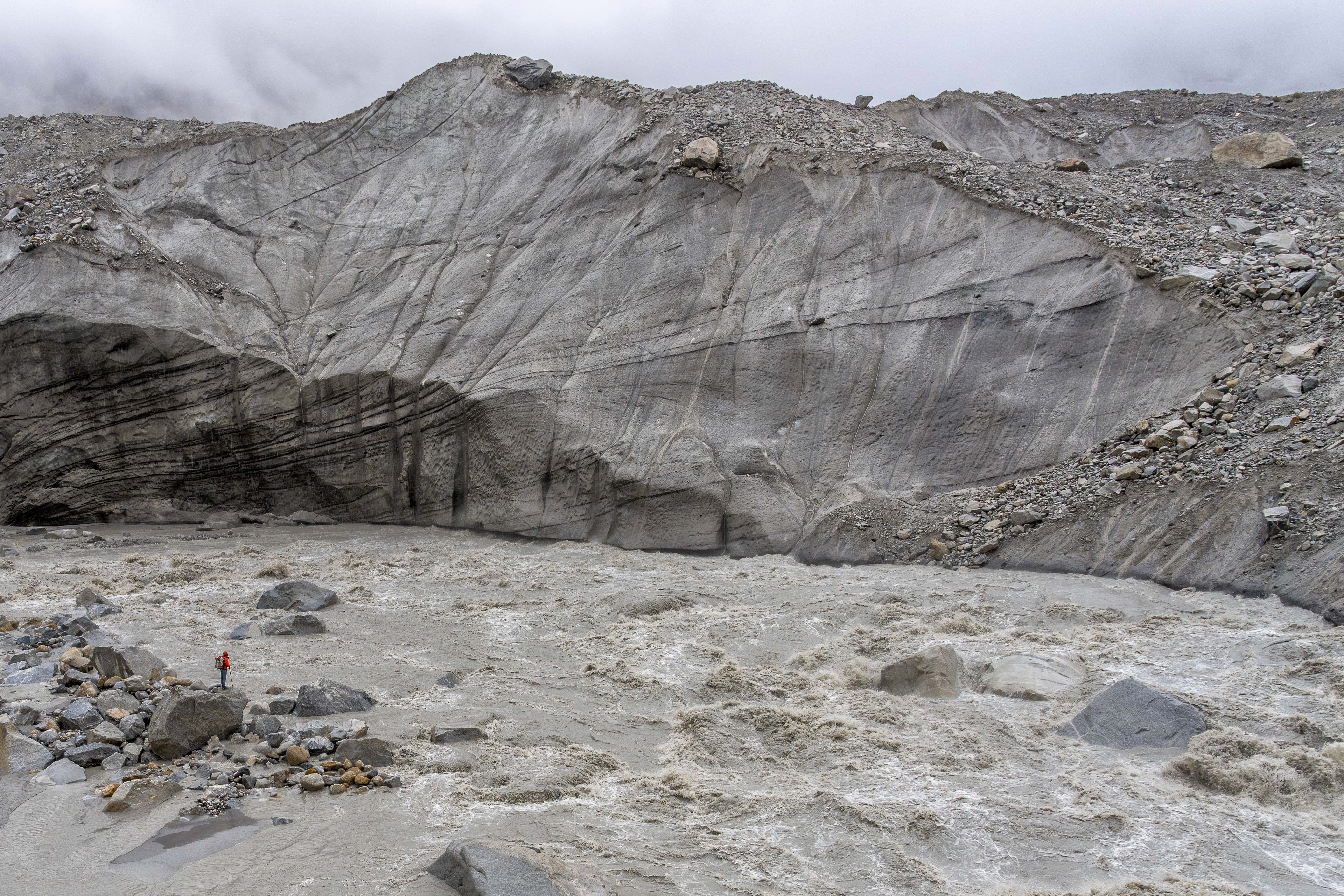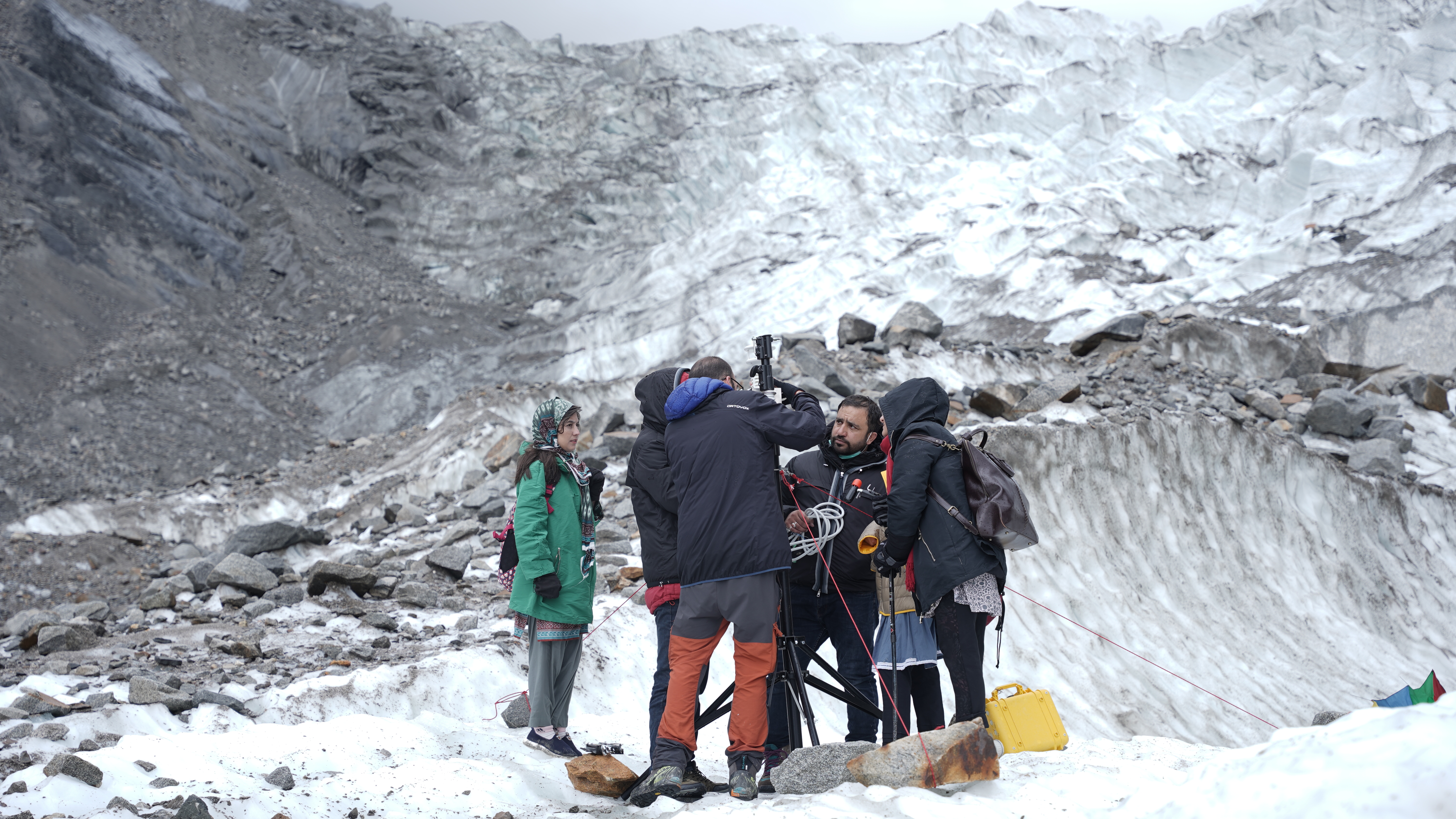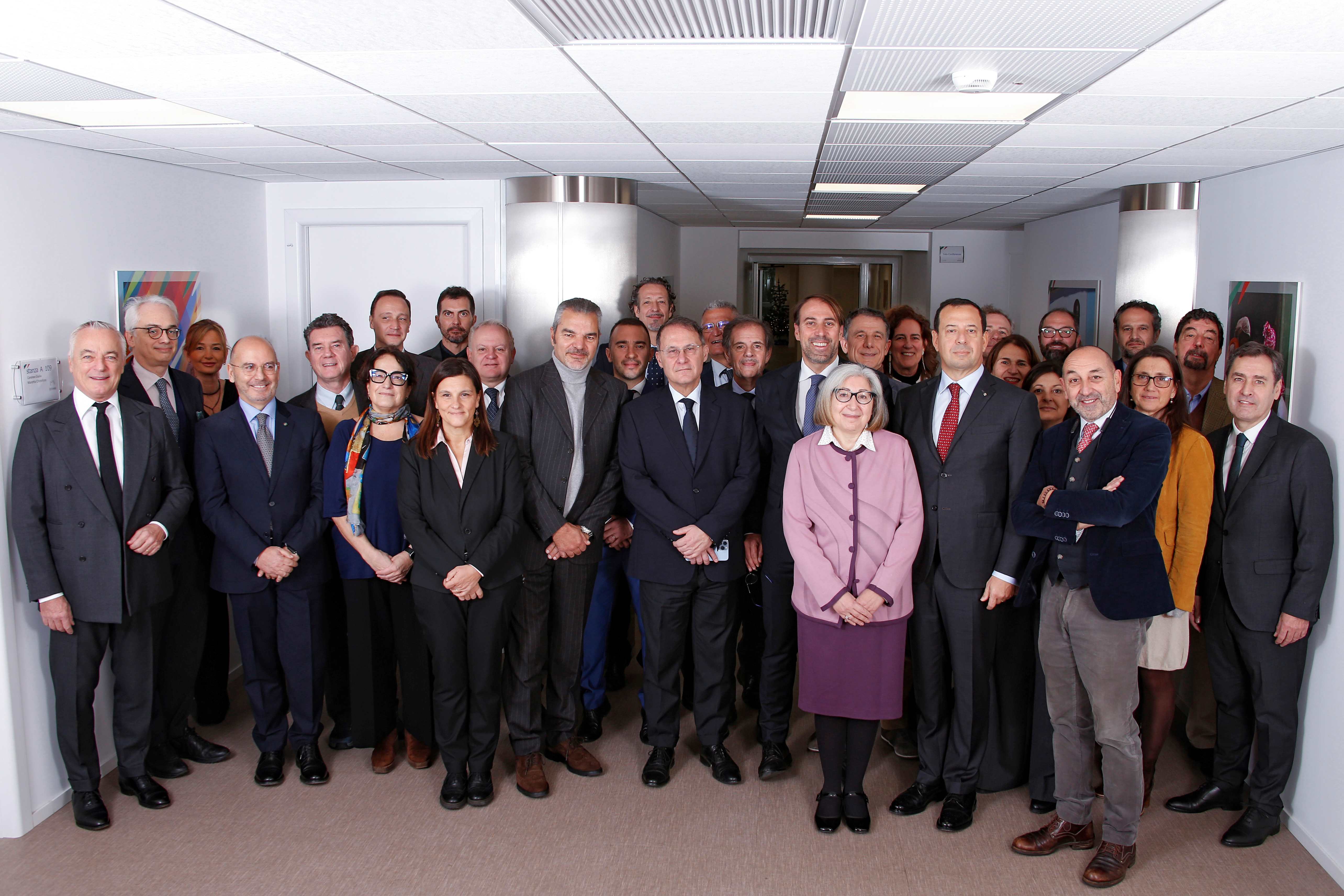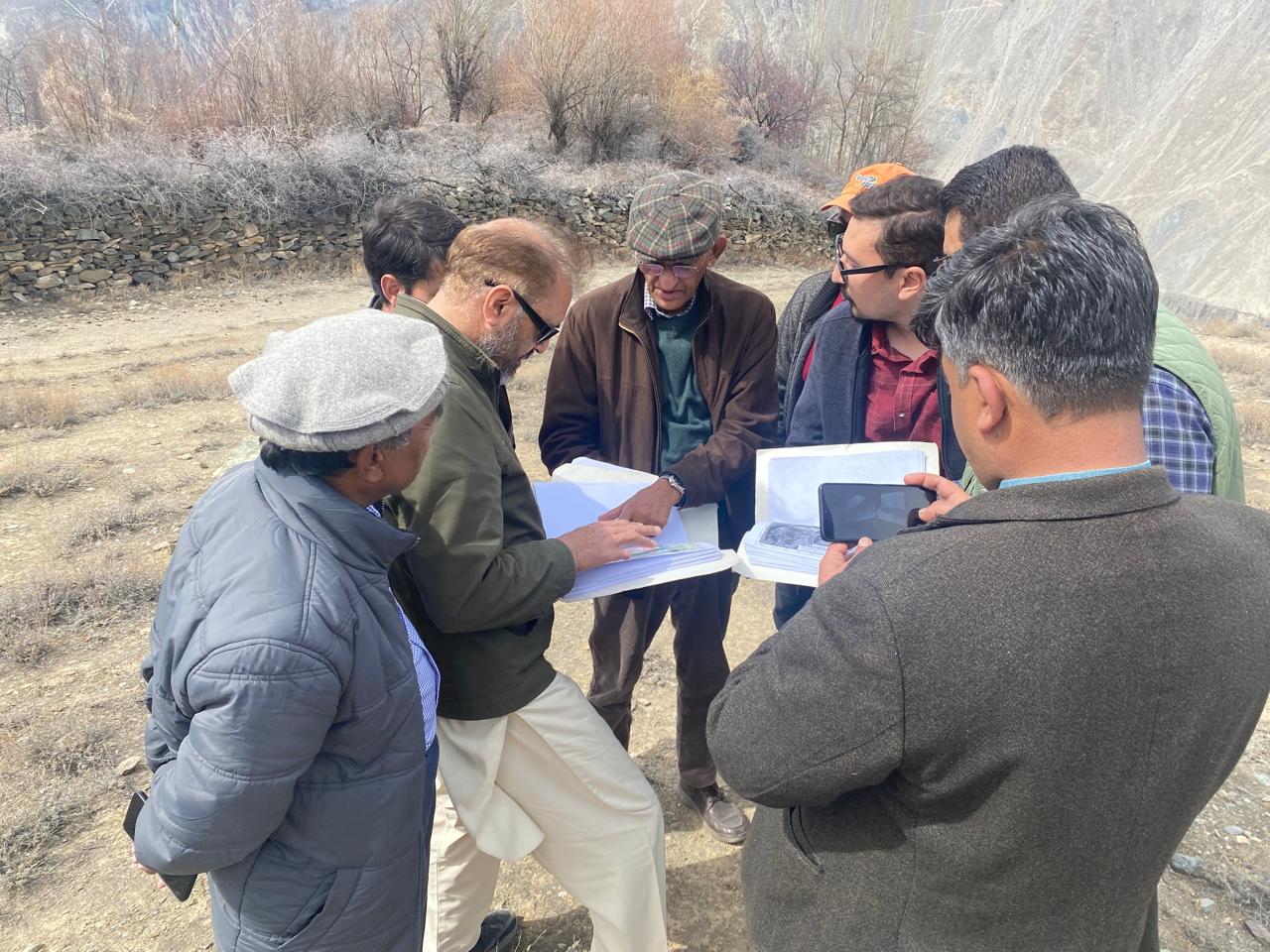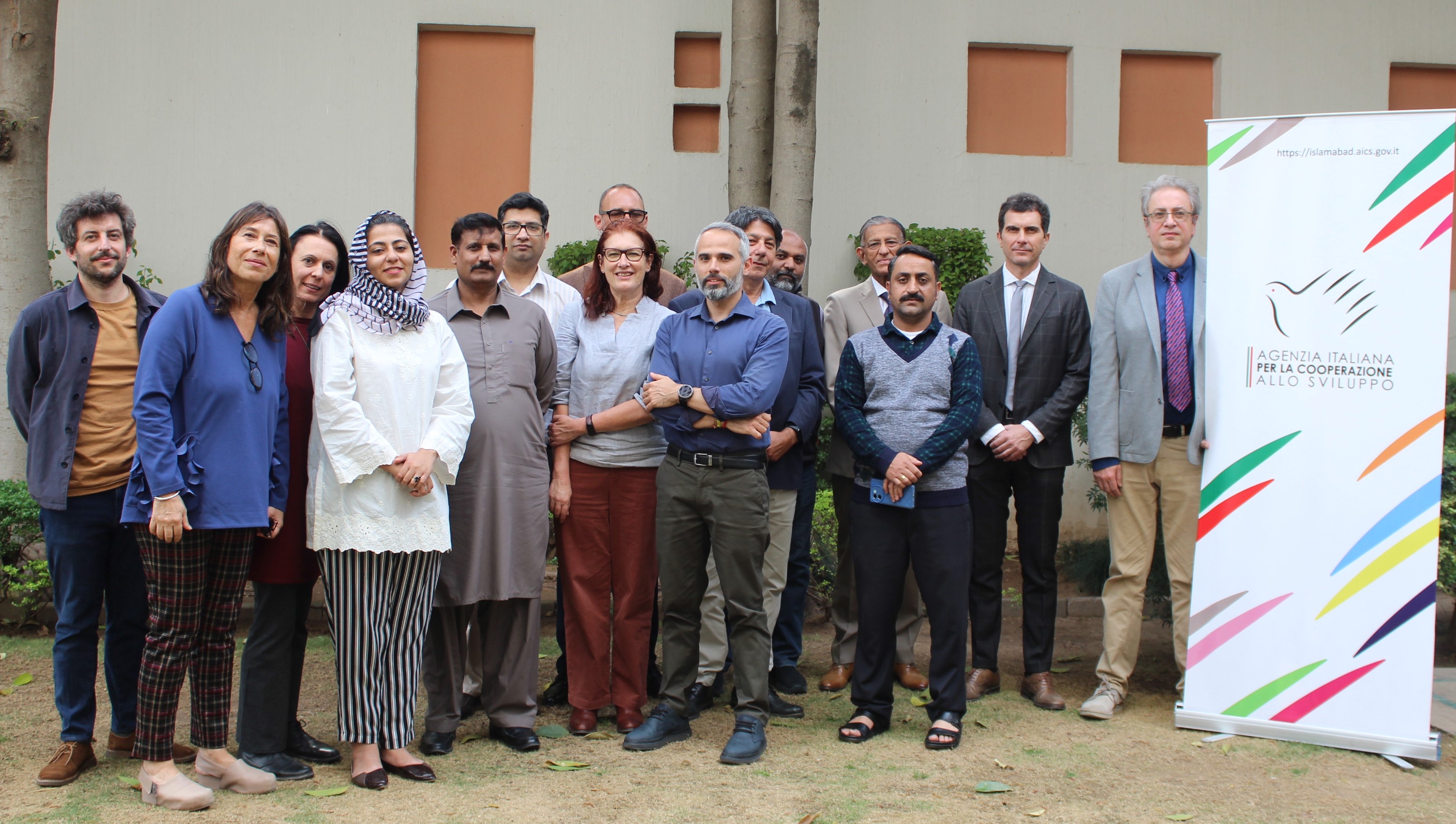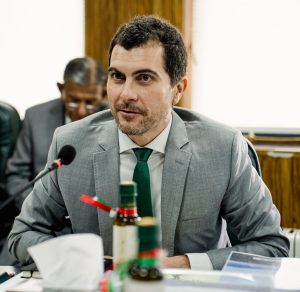PAKISTAN
La cooperazione italiana in Pakistan ha una lunga storia di impegno per lo sviluppo sostenibile, la riduzione della povertà e il miglioramento delle condizioni di vita delle comunità più vulnerabili.
Le prime iniziative risalgono agli anni ’80, con progetti di sviluppo rurale focalizzati sulla meccanizzazione agricola e sulla qualità delle coltivazioni, in particolare dell’olivo.
L’introduzione di varieta’ di olive italiane selezionate si è rivelata fondamentale per aumentare l’efficienza della produzione e adattarla al clima pakistano, e continua a essere promossa nei progetti di sviluppo della filiera.
Tuttavia, il sostegno dell’Italia al Pakistan ha radici ancora più profonde. Nel 1955, su iniziativa dell’ultimo Wali Moghul dello Stato Indipendente dello Swat, il prof. Giuseppe Tucci ha fondato la Missione Archeologica Italiana in Pakistan, co-gestita da “Associazione Internazionale di Studi sul Mediterraneo e l’Oriente” – ISMEO e Università Ca’Foscari e sostenuta dal Governo Italiano. Da allora, la Missione ha avuto un ruolo centrale nello scavo, restauro e studio dell’arte gandharica, nell’analisi degli insediamenti, dell’archeologia funeraria (dalla protostoria all’epoca islamica) e nell’arte rupestre, con oltre 1.500 pubblicazioni. Parallelamente, l’Italia ha contribuito in modo significativo allo studio dei ghiacciai dell’Himalaya, del Karakorum e dell’Hindu Kush, in particolare quelli accessibili dal Pakistan. La spedizione guidata da Ardito Desio sul K2 del 1954 ha avviato ricerche geologiche e glaciologiche, successivamente proseguite con la creazione, nel 1989, di Ev-K2-CNR, un’associazione e centro di ricerca dedicato al cambiamento climatico e all’ambiente d’alta quota. L’associazione ha inoltre sviluppato e continua a realizzare progetti per la conservazione e il supporto dell’ecosistema montano.
L’esperienza italiana in campo archeologico e glaciologico è stata strumentale anche nel quadro del Programma Italo-Pakistano di Conversione del Debito (PIDSA), attraverso due dei 48 progetti finanziati con tali risorse.
Nell’ambito di Archaeology Community Tourism – ACT, attuato dall’ISMEO, sono stati realizzati interventi di conservazione e recupero del patrimonio culturale, tra cui il restauro del Buddha di Jahanabad, il recupero dell’antica città di Barikot (1700 a.C.-1000 d.C.), il restauro del tempio buddista Shahi Vishnuite (670-690 d.C.) e la ricostruzione del Museo Archeologico dello Swat, distrutto dal terremoto del 2005 e dagli attacchi del 2008. Il progetto Socio-economic and Environmental Development – SEED, realizzato da Ev-K2-CNR, ha avuto un ruolo centrale nella creazione di parchi nazionali, come il Central Karakorum National Park. L’iniziativa ha migliorato la gestione del parco, rafforzato la conservazione ambientale, e stimolato nuove opportunità economiche per le comunità locali, combinando ricerca scientifica, tutela del territorio e sviluppo socio-economico.
L’Italia ha inoltre fornito un contributo significativo nella risposta alle emergenze in Pakistan, intervenendo in momenti critici per sostenere la ricostruzione ed erogare assistenza umanitaria. Nel 2006, la Cooperazione Italiana ha realizzato scuole e servizi sanitari nelle aree più colpite dal terremoto del 2005; mentre nel 2011-2012 ha garantito aiuti essenziali alle popolazioni colpite dalle inondazioni del 2010.
Con la creazione dell’Agenzia Italiana per la Cooperazione allo Sviluppo – AICS, operativa dal 2016, l’azione della Cooperazione italiana si è allineata agli obiettivi dell’Agenda 2030, rafforzando il proprio impegno per lo sviluppo sostenibile in settori chiave come educazione, sanità, parità di genere, gestione delle risorse naturali e tutela del patrimonio culturale.
Inoltre, operano nel Paese anche due organizzazioni della società civile: CESVI e ISCOS.
CESVI Fondazione – ETS, attiva dal 2005, si occupa della gestione dei rischi di disastri, della resilienza comunitaria e dello sviluppo sostenibile, fornendo aiuti anche alle popolazioni colpite dalle emergenze, come le inondazioni del 2022.
Istituto Sindacale per la Cooperazione allo Sviluppo – ISCOS, presente da oltre 20 anni, interviene in particolare nella formazione professionale, nella tutela dei diritti dei lavoratori e delle donne e nella lotta al lavoro minorile.
AFGHANISTAN
Tra il 2002 e il 2021, l’Italia ha sostenuto il processo di crescita dell’Afghanistan con interventi in vari ambiti: urbanistica e infrastrutture, sanità pubblica, rafforzamento delle istituzioni, giustizia, iniziative imprenditoriali, istruzione, uguaglianza di genere, agricoltura, sviluppo delle aree rurali e tutela del patrimonio culturale. Inizialmente, le attività erano localizzate soprattutto nelle aree di Herat e Kabul, per poi estendersi anche a Bamiyan e ad altre regioni del Paese.
Ad agosto 2021, a seguito del mutato contesto politico, l’AICS ha evacuato il proprio ufficio a Kabul, trasferendo la gestione dei programmi afghani alla sede di Islamabad.
Dopo gli eventi del 15 agosto 2021, l’Italia ha partecipato attivamente agli sforzi internazionali per rispondere all’emergenza umanitaria in corso. Durante la Conferenza ONU sull’Afghanistan del 13 settembre 2021, è stato comunicato un contributo italiano di 150 milioni di euro, destinato sia alla popolazione afghana che ai paesi confinanti impegnati nell’accoglienza dei rifugiati. Questi fondi sono stati erogati a favore di agenzie delle Nazioni Unite (tra cui UNOCHA, UNHCR, IOM, WFP, UNHAS, OMS, UNICEF, UNFPA) e di altre organizzazioni internazionali (ICRC, IFRC), in collaborazione con ONG locali e internazionali. In occasione della Conferenza dei donatori di marzo 2022, è stato annunciato un ulteriore stanziamento italiano di 50 milioni di euro.
L’Italia prosegue il proprio impegno, sia su base bilaterale che multilaterale, mediante contributi annuali che integrano aiuti umanitari e interventi mirati a soddisfare i bisogni essenziali della popolazione, con particolare attenzione ai settori dell’istruzione e della sanità. Un’attenzione speciale è riservata alla tutela dei diritti delle donne, delle ragazze e dei gruppi più vulnerabili.
Il nostro Paese partecipa inoltre al “Afghanistan Resilience Trust Fund” (ARTF) e allo “Special Trust Fund for Afghanistan” (STFA).
Credits foto: ILO, WE WORLD, CIHEAM Bari, UNESCO, EVK2
